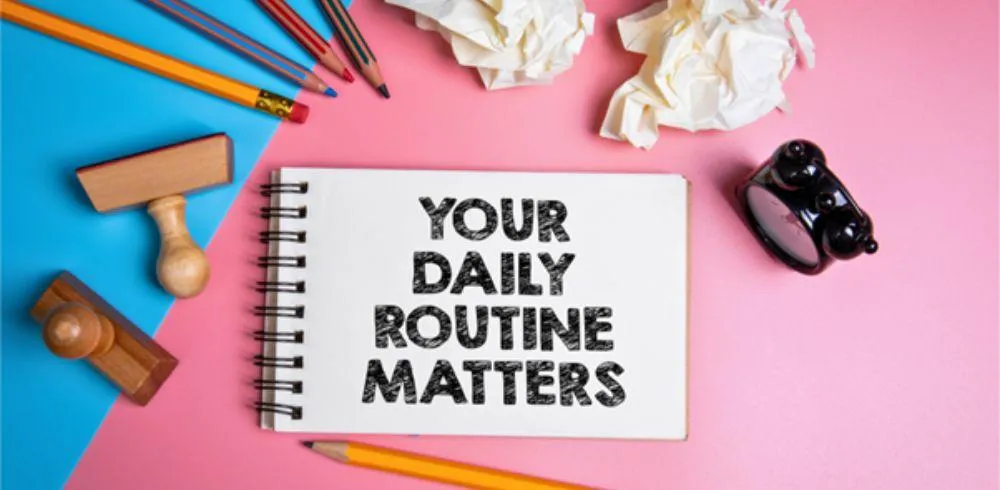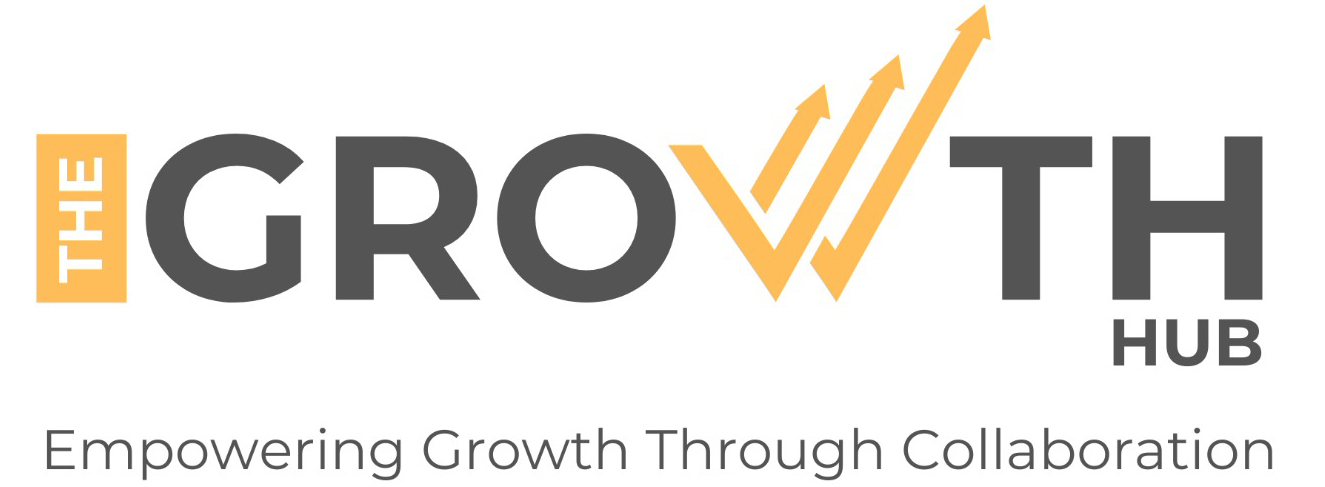
Your Daily Routine Might Be Draining You, Here’s How to Fix It
There’s a quiet crisis among business owners. It’s not front-page news, and it rarely gets discussed in board meetings. But it’s there, dragging behind laptops and desk chairs: exhaustion. Not the dramatic kind that knocks you flat, but a creeping daily fatigue that begins with a missed breakfast and ends with an inbox full of half-finished thoughts.
A 2023 report by AXA Health found that 7 in 10 small business owners feel mentally drained by the end of the working day. Many blame their routines. And they’re probably right. Most routines aren’t designed. They just happen. Work expands, meals get skipped, rest gets squeezed, and before long, there’s nothing routine about it at all, just a series of habits that leave people running on fumes.
It’s worth asking whether the way most people organise their day is helping or hindering them. For many, the answer is uncomfortable. But the upside is that energy is not fixed. It can be managed. And most of us are wasting more of it than we think.
It’s Not About Doing Less
The fashionable answer to modern burnout is often “do less”. But that’s rarely possible if you’re running a business. Clients won’t wait. Invoices don’t chase themselves. Doing less sounds appealing until the bank balance starts to feel thin.
What’s needed is not fewer hours, but better use of them. Energy is the more pressing currency. It’s not distributed equally across the day, and it certainly doesn’t last if it's thrown at every task indiscriminately. The trick is spotting where it leaks—and patching it before the whole thing deflates.
Mornings: The Make or Break Window
Most people waste their best hours. The first part of the day is usually when the brain is sharpest, but it’s too often used on admin or replying to emails written by other people in a rush.
Skipping breakfast is a common mistake. Plenty of business owners claim not to be hungry, or too busy to eat. But without food, the brain runs on fumes. Then comes coffee, a quick fix that masks the problem but doesn’t solve it. By 11 am, it’s all downhill.
A decent breakfast, five minutes of movement, and a clear sense of what matters that day make a big difference. None of these takes long, but skipping them usually costs far more in poor focus and bad decisions.
The Cult of Back-to-Back Meetings
Meetings have become a strange badge of honour. The more someone has, the more important they must be. Yet ask anyone how they feel after a day of calls and they’ll say one word: shattered.
Back-to-back meetings offer no room to think, reflect or even stretch. The body stays static, the mind clogs, and energy nosedives. Worse still, the decisions made in this state are rarely the best ones.
A 10-minute gap between meetings isn’t indulgent. It’s essential. A quick walk, a glass of water, even a look out of the window resets the brain. It’s hardly revolutionary, but it works.
Lunch That Never Happens
If breakfast is missed by accident, lunch is missed by design. Business owners often convince themselves that a sandwich at their desk is efficient. It isn’t. It’s just a missed opportunity to recharge.
The British Nutrition Foundation has long advised that a balanced midday meal—one with protein, slow-release carbohydrates and some veg—supports brain function and mood. In reality, many lunches consist of supermarket meal deals, coffee and whatever’s nearby.
Stepping away from the screen, even for 20 minutes, and eating something that resembles a meal is an investment in the afternoon’s productivity. The cost of not doing it is an energy crash around 3pm that no amount of caffeine will fix.
Caffeine: The Double Agent
Caffeine is useful. But it’s also sneaky. It gives a short-term lift and a long-term drop. Used well, it’s a decent tool. Used all day, it becomes a crutch.
The trouble begins when the second cup becomes the fourth. People keep drinking coffee not because it works, but because they’re trying to feel like it’s working. By late afternoon, the mind is jumpy, sleep is disrupted, and the next morning begins worse than the last.
Switching to water or herbal tea in the second half of the day feels dull but improves sleep. And sleep is the only real fix for long-term fatigue.
Multitasking as a Modern Myth
Many business owners pride themselves on their ability to multitask. In practice, this often means doing several things badly at once. Jumping between emails, messages, and calls creates a sense of movement, but not much gets finished.
This switching shreds mental energy. The brain needs time to warm up to a task and time to cool down after it. Constant switching means it never gets either.
One task at a time, with full attention, is not old-fashioned. It’s efficient. It also leaves more energy at the end of the day, which is when most people realise they need it.
The End of the Day Shouldn’t Be a Crash
Too many days end with a slump—half-done tasks, more caffeine, a desperate attempt to tie up loose ends. Then there’s no time to decompress, and the day blurs into the night. Sleep suffers. And the cycle starts again.
A better end is a simple one. Look at what was done, jot down what needs doing tomorrow, and then stop. Not scroll. Not answer one last email. Stop. Put work away, physically and mentally. Those who switch off properly are far sharper the next day.
A clear boundary between work and rest improves mental health, sleep quality and decision-making. None of which are optional for business owners.
Routine Isn’t Glamorous, But It Works
There’s a reason professional athletes stick to routines. They don’t trust motivation or willpower. They trust structure. Entrepreneurs could learn something from that. The goal is not to create a perfect day—but to remove the worst bits and repeat the better ones.
This means:
A consistent wake-up time and wind-down time
Eating regularly and properly
Moving at least once an hour
Having focused work blocks without distractions
Creating space between tasks
Ending the day on purpose, not by accident
These habits don’t sell books. But they keep businesses (and the people running them) functioning at a higher level for longer.
Why This Matters More Than Ever
Energy is not something you get without being mindful of your routines. Energy is what keeps a business running. It’s the difference between reacting and leading. Between coping and thriving. And in a time when uncertainty is the only guarantee, energy is one of the few things business owners can control.
A draining routine doesn’t announce itself. It hides in the habits people stop noticing. But once it’s spotted, it can be changed. The benefit isn’t just better health. It’s sharper thinking, more stable leadership, and fewer regrets at the end of the week.
